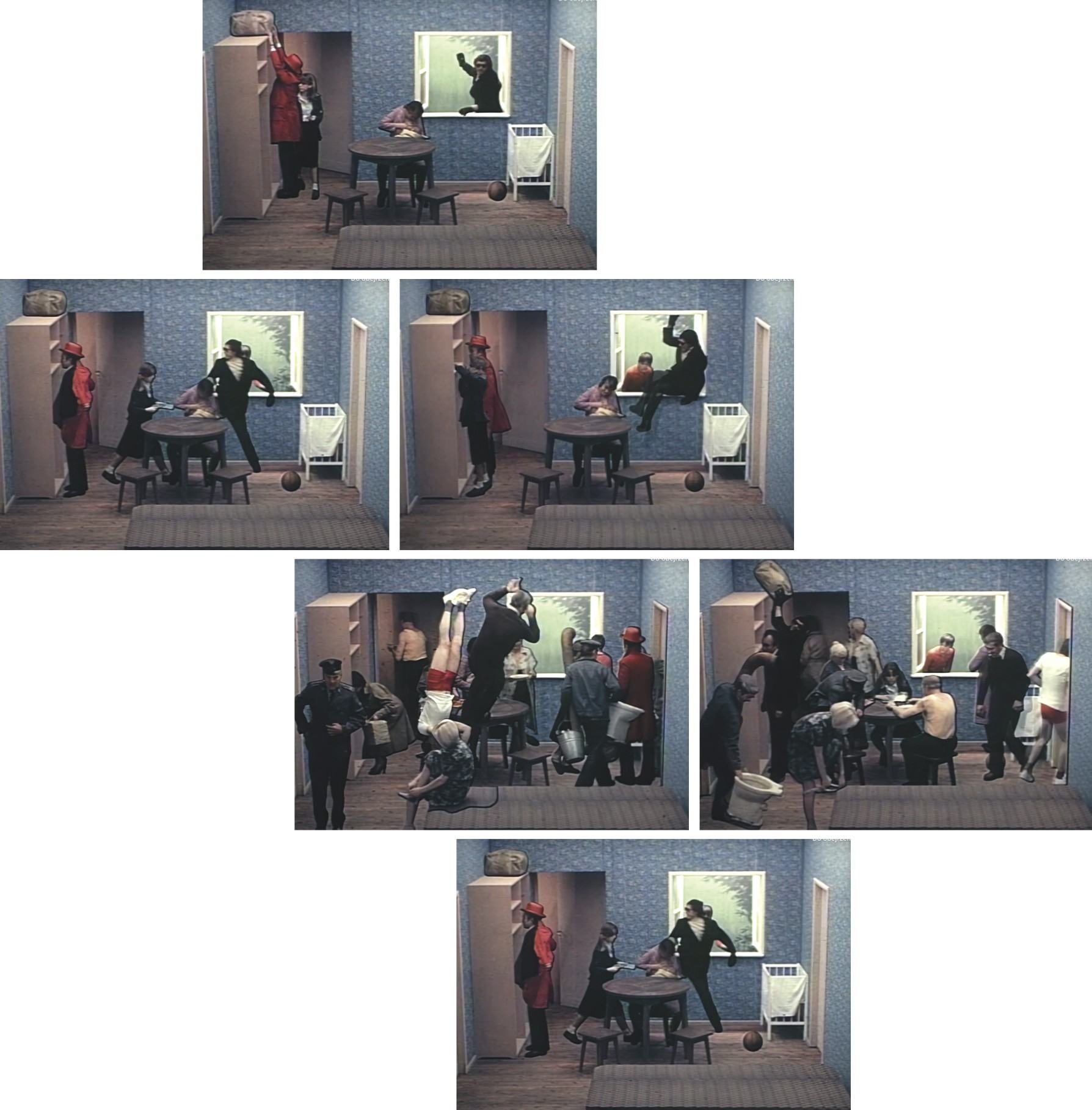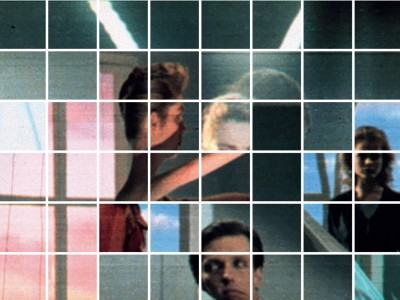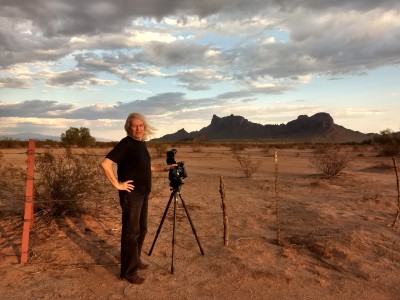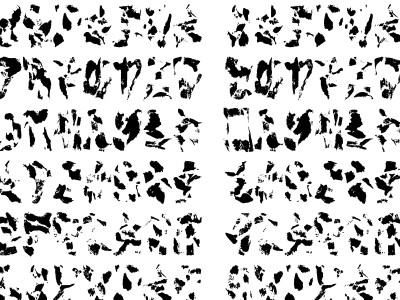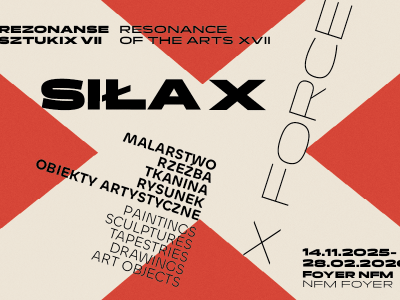THE ENDLESS "TANGO" IN ENTROPIA - installation based on the film "Tango" by Zbigniew Rybczyński
GALERIA ENTROPIA
50-129 Wrocław ul. Rzeźnicza 4
We would like to invite you to the opening of the presentation and the meeting with Zbigniew Rybczyński, which will take place on 10 October at 6 pm at the Entropia gallery.
"Endless 'Tango' at Entropia" is an installation based on Zbigniew Rybczynski's Oscar-winning film 'Tango' (1980). Entropia Gallery and the authors of the installation: Alicja and Mariusz Jodkowie, thus pay tribute to one of the most innovative creators of Polish and world cinema.
The project accompanies the awarding of Zbigniew Rybczyński with the title of Doctor Honoris Causa of the Eugeniusz Geppert Academy of Art and Design in Wrocław.
"Tango" by Zbigniew Rybczyński is the first Polish animated film to receive an Academy Award - an Oscar (1983). This short 8-minute animation, previously showered with awards at the world's most important festivals (Oberhausen, Huesca, Annecy, Tampere, Ottawa, Krakow) was made at the Studio of Small Film Forms Se-ma-for in Łódź (1980) in traditional analogue technique on celluloid film. At a time before blue-boxes became widely available, achieving the effect of a layered film image required enormous technical invention, extremely precise construction and incredible consistency in filmmaking. The effect of a profusion of figures in a small room was achieved by repeatedly superimposing exposures of each individual character. To achieve this, Rybczyński hand-painted some 16,000 to 20,000 masks.
This, in the words of Marcin Giżycki, 'Rybczyński's masterpiece' became the basis for many different interpretations. The film has been described as a 'Polish panopticum' (Marcin Giżycki), or a 'universal dance of alienation' (Zbigniew Benedyktowicz). The author himself, however, believes that construction and technology exist first. Only then do they grow in meaning and produce moods. THE CONTENT IS ETERNAL AND COMMON TO ALL PEOPLE.

